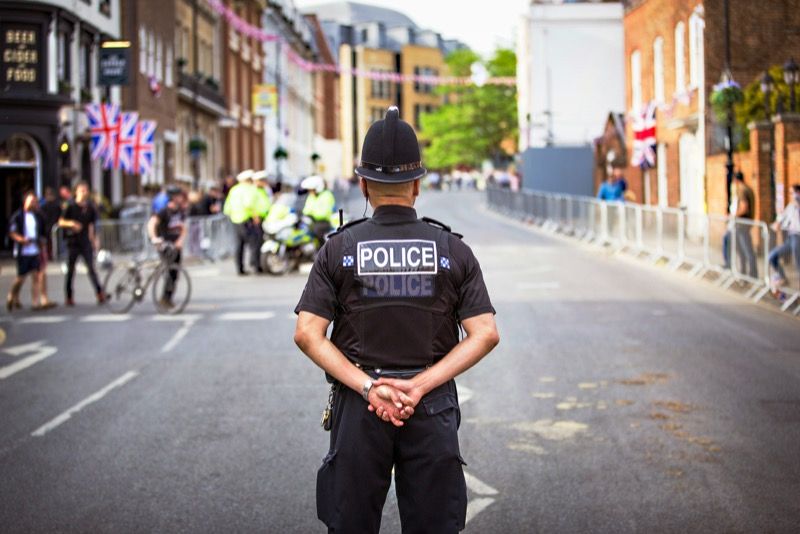A name badge on a uniform—it’s something worn all over the world. But in recent years, more and more questions are being raised about this tradition. What are the consequences of revealing the names of staff, and how important is such a name, really? In Canada, an experiment has begun that makes name badges for police officers redundant.
Doxing is a serious problem
In the city of Calgary, the largest city in the Canadian province of Alberta, officers have recently stopped wearing their names on their uniforms. Instead, everyone has a badge number, which still allows their identity to be traced.
This goes against the idea of the name badge, which is supposed to ensure that people in uniform are seen as individuals. A name gives someone an identity and makes it easier to address a person. But in 2025, that is precisely the problem. Because anyone who wears their name on a uniform runs the risk of being doxed. This is a method in which personal data is collected without permission, with the aim of intimidating, harming, or harassing the person in question. And with the rise of the internet, this has become very easy. As a result, people who serve as police officers can be harassed in their free time for actions they had to perform at work.
According to the Calgary Police, doxing has increased across the country, but officers handling protests are most affected. Sometimes it’s vandalism, but officers are also confronted, for example, during a dinner with family members.
Name badges increasingly a topic of debate
The problem of doxing also occurs in other countries and industries. In the Netherlands, for this reason, there are efforts underway to change name badges for nurses and home care workers. Instead of a number, a fictional name or a shortened version of the original name is used. For people working with detainees or individuals with severe mental health issues, this method has already been common for some time. The same increasingly applies to retail staff, as more and more of them feel unsafe wearing a name badge.
In addition to the need to keep staff safe, it’s also important to ask whether such a badge actually adds anything. And even more importantly: whether it’s legally permissible. Around the world, privacy laws have been increasingly tightened. According to the European privacy law, which came into effect in 2018, for example, you cannot simply require your staff to wear a name badge. To implement this, you must meet at least one of the six legal bases under the law, such as it being crucial that the name is displayed. And even then, showing both the first and last name is not required.
In Canada, there is still ongoing debate about the use of badge numbers. Some argue that it makes it easier for officers to get away with misconduct because numbers are simply harder to remember than names. But according to the police, a combination of time and location is enough to trace the identity of an officer.
Either way, name badges will have to change. Because protecting people in uniform nowadays goes beyond just sturdy workwear and PPE.
Photo: King’s Church International on Unsplash




















